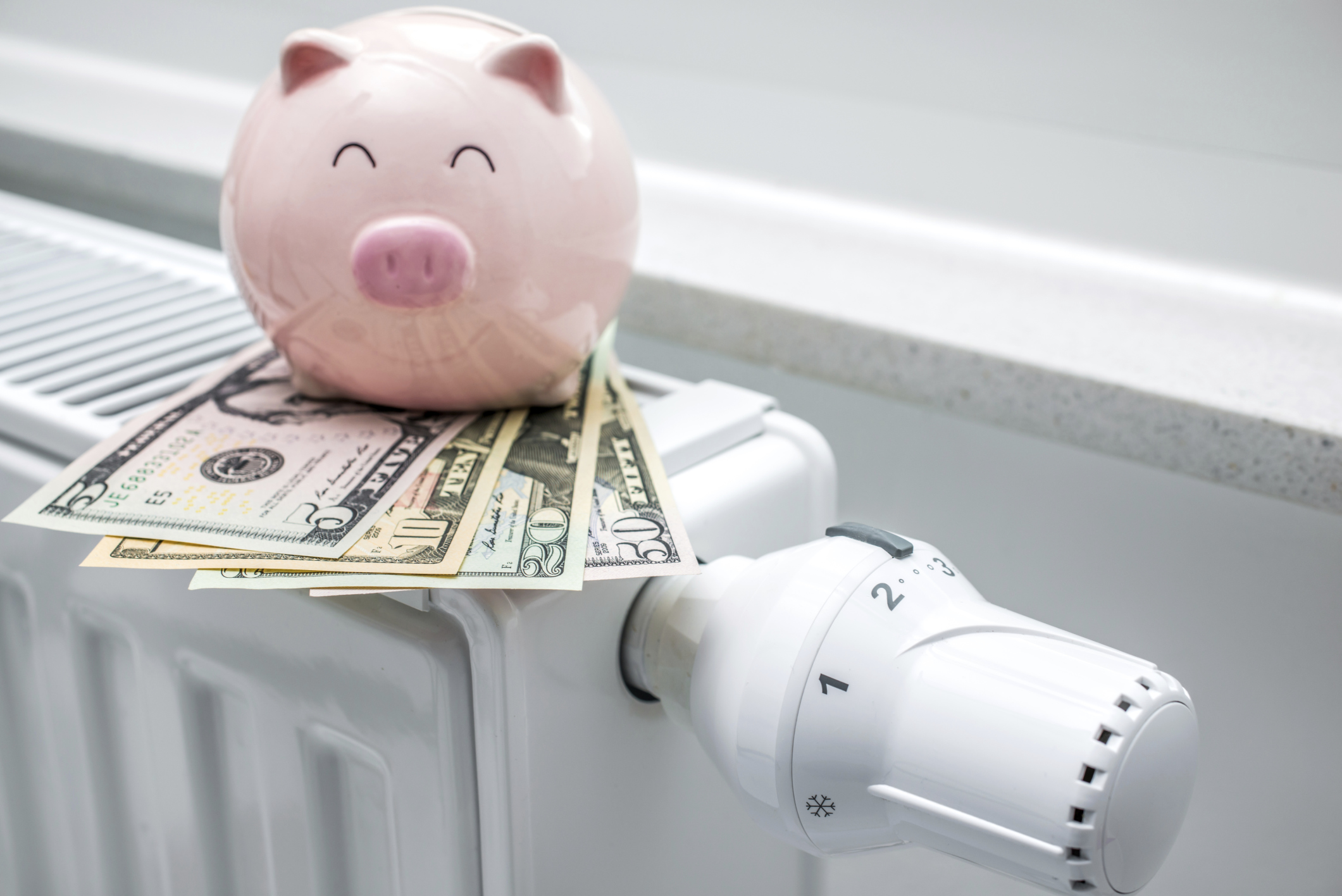
How to Create a More Efficient Home
Do you live in an energy-efficient home?
That depends on lot of little things that add up. For instance, how long are your showers? How often do you water your lawn? How much of your food do you compost?
Even if you’re environmentally conscious, chances are there are things you can do to make your home more sustainable. It’s easy to get started by picking one goal to focus on. You could start by trimming your showers by two minutes. Or buy a compost bin, and do your best to empty your plate in there instead of the trash.
You might be wondering why you should do any of this.
“Do it because it’s the right thing to do,” said Claudia Frere-Anderson, the director of UW Sustainability. “It will make you feel good over time.”
Still, most of us need more incentive. What’s in it for us?
“You certainly will save money — less on the water bill, less on the utility bill — but the physical environment also changes when you’re being mindful about your resources and how you use them,” Claudia said.
That means you’ll have less stuff, and less stuff means less clutter. In Claudia’s case, she found she’s able to enjoy the space a lot more. It could also help your diet: If you keep waste reduction in mind when you’re shopping, you’ll buy less food.
Yes, you’re only one person, and your home is only one home. But all those little things add up, and people will see you doing them.
“People visit your home,” Claudia said. “They’re going to remember that. It will provide lasting memories and impressions.”
Ready to get started? Here’s a list of ideas and resources put together by Daimon Eklund, the communications director at UW Sustainability. To find out more, check out their blog.
Reduce energy
- Be a part of the solution – whether it’s at home, work, or in your community. You can help Seattle remain one of the greenest cities in the U.S.
- This interactive tool takes you on a virtual tour of a home and gives energy saving tips pertaining to each room (how cool is that?)!
- Don’t know which area of the house to start? EPA has on-line tools and calculators to help you evaluate the energy use in your home.
- Renewable energy is also a great way to cut down on emissions. Seattle City Light’s Community Solar program allows customers to purchase units of solar projects, so even people who can’t install solar panels at their home can get some of the benefits.
Conserve water
- Older toilets use up to four gallons of water per flush, but newer water-efficient toilets use up to 80 percent less water. Did you know you could get a rebate for upgrading to an efficient toilet?
- Older washing machines use up to 40 gallons of water per load. Upgrading to a newer model could cut that number by almost half.
- Skip rinsing the dishes prior to loading the dishwater to save an additional 6 gallons of water per load.
- Cut down on the time you spend in the shower.
- Leaky toilets and indoor and outdoor faucets waste 11,000 gallons of water, according to Seattle Public Utilities. Plus, they can cost up to $175 a year on your utility bill. Finding and fixing leaks is the solution to both!
- For landscaping, use native plants that don’t require as much watering in our dry summer months.
- More ways to reduce water use at home.
Reduce food waste
- According to the EPA, in 2013 the U.S. threw away more than 35 million tons of food waste. Cutting down on food waste saves money; conserves energy and resources involved in growing, transporting and selling the food; and if the food would have gone into the landfill it reduces methane emissions.
- To keep food on your plate and out of the compost, create a menu before shopping and only buy items you’ll need. Before shopping for more food, make sure you cook or eat what’s already in your refrigerator. When you are at the store, don’t overstock – buying in bulk is only a good idea if you’re able to use all the food before it goes bad.
- Freeze or preserve extra fruits and vegetables.
Buy less
- There’s an environmental cost for almost anything you buy. Before you head out to pick up something for your home, think twice.
- Ask yourself if you really need it – or if a simple repair could make it good as new.
- If you don’t use something frequently, don’t buy it. Borrow, rent, or share items instead. The Buy Nothing movement is a hyper-local way to give and receive items from neighbors; see if there’s a group near you.
- When you do go shopping, bring reusable bags, and try to find items with a minimum of packaging.
Cleaning Green
- You don’t need to purchase harsh chemical cleaners – as this Whole U article shows, you can make your own cleaning products out of items you probably already have at home.
What have you done to make your home more sustainable? Please share in the comments.